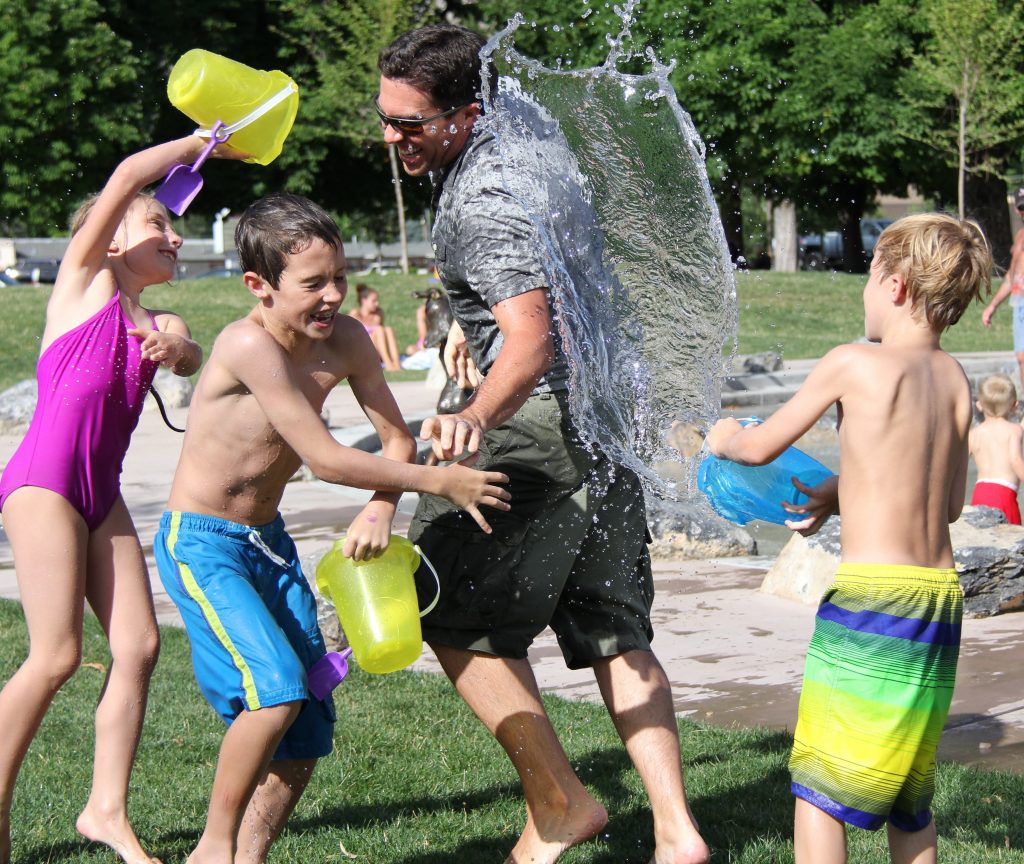History of the Wet Monday in Poland Posted by Kasia on Apr 3, 2018 in Culture
Traditional Polish Easter lasts longer than here in US. There 2 days to celebrate, not one! Easter Sunday it’s called 1st Day Of The Holiday (Pierwszy Dzień Świąt) and Monday is called 2nd Day Of The Holiday (Drugi Dzień Świąt). Monday is a national holiday and is a day off from work.
Wet Monday is called Lany Poniedziałek or Śmigus Dyngus . It is celebrated on the first Monday after Easter, and the way to celebrate is actually really fun, you need to pour water on other people! Traditionally, the boys need to pour water over girls, and they also need to spank them with pussy willow branches. It’s thought that the practice of Śmigus Dyngus goes way back to the days before the Christianisation of Poland, and that it first occurred in 966 under the rule of Mieszko I, which should give an idea just how long ago the curious Easter tradition of today actually began. Many people think that Wet Monday has it’s origins from the pagan mythology, most likely a link with the Slavic goddesses of fertility. The tradition of watering the Corn Mother, who made crops grow and was represented in the form of a doll or wreath made from corn.
Traditionally guys soak girls on Monday, and Tuesday is time for revenge, with girls soaking the guys. It is said that if you don’t wake up early on Wet Monday, you will be awoken by having water poured on you. The festival dates back a few centuries. Boys would sneak into girls rooms on Easter Monday and throw buckets of water over them while they were still in bed.
I actually remember few times when my family was sleeping after Sunday Easter festivities and we were woken up by buckets of pouring water! My uncles and cousins would sneak into our house early in the morning and surprised us with this crazy wet joke:)
However you look at it, it is a fun holiday! You have to be prepared though and have a sense of humor!

Build vocabulary, practice pronunciation, and more with Transparent Language Online. Available anytime, anywhere, on any device.




